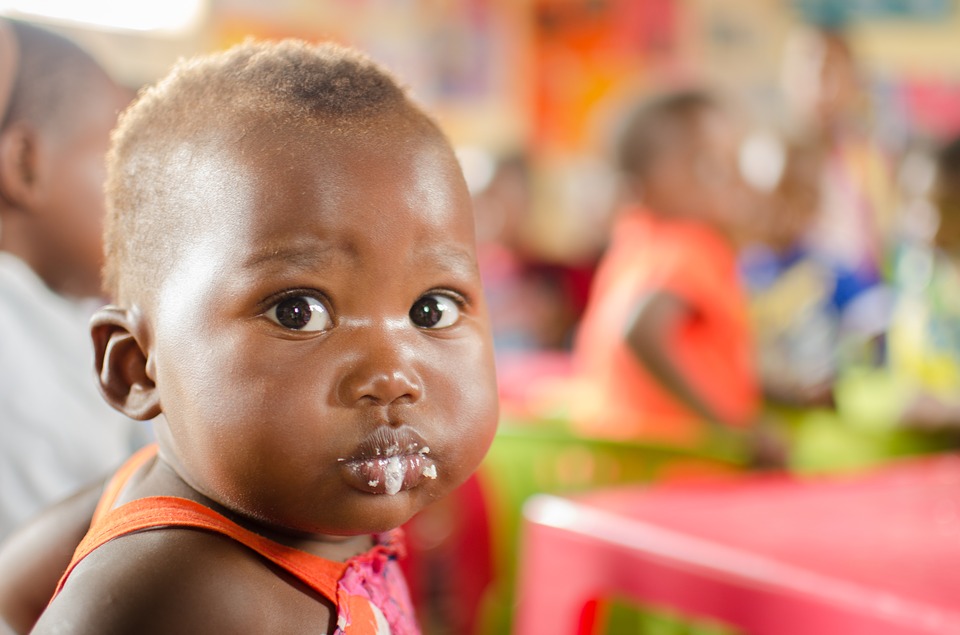UN agencies to highlight food and nutrition security situation in Africa's Sahel
The heads of the Food and Agriculture Organization of the United Nations (FAO), the International Fund for Agricultural Development (IFAD) and the World Food Programme (WFP) will visit Niger from 15-18 August 2018.

The heads of the Food and Agriculture Organization of the United Nations (FAO), the International Fund for Agricultural Development (IFAD) and the World Food Programme (WFP) will visit Niger from 15-18 August 2018, to highlight regional efforts to address the critical food and nutrition security situation in the Sahel.
During their visit, FAO Director-General José Graziano da Silva, IFAD President Gilbert F. Houngbo, and WFP Executive Director David Beasley, will meet Niger President Mahamadou Issoufou as well as Prime Minister Brigi Rafini and other members of the country’s government.
They will also visit several projects where collaboration among FAO, IFAD WFP, the Government of Niger and other partners, is providing people with new opportunities to feed their families, earn an income and build more resilient livelihoods through agricultural activities.
These initiatives illustrate the need to closely link humanitarian and development assistance within the context of building peace in the region. Similarly, FAO, IFAD, and WFP are supporting the Government of Niger’s “les nigériens nourissent les nigériens” (Nigeriens feed Nigieriens) initiative which aims to reduce poverty and build resilience to food crises.
In Niger, as in many parts of the Sahel, climate shocks have resulted in recurring droughts with devastating impacts on the region’s already vulnerable populations, particularly those relying on crop and livestock production for their livelihoods and survival.
As the Sahel’s lean season that runs from June to August nears its close, latest estimates show that nearly 6 million people will have been severe food insecure in this period. Of these, almost half – or 2.7 million people – are pastoralists or agropastoralists. Up to 1.6 million children are expected to experience severe acute malnutrition.
The three UN agency heads, whose organizations are working in partnership within the UN system-wide support to the Sahel, will underscore joint efforts aimed at addressing poverty, underdevelopment, the impacts of extreme weather events and migration - factors that have all contributed to the region’s critical humanitarian and security situation.
- READ MORE ON:
- FAO
- IFAD
- WFP
- malnutrition
- acute malnutrition
- UN
- UN agency
- Sahel
- Africa
- nutrition
ALSO READ
Unexpected Triumphs and Tribulations on Ice: A Night at the Milan Cortina Games
India Triumphs Over Pakistan: A Cricket Battle Under Pressure
Italy's Unprecedented Winter Olympics Triumph
India's Space Missions: Tradition and Technology Unite
Pyongyang's Tribute to Fallen Heroes: Kim Jong Un Unveils New Housing District










